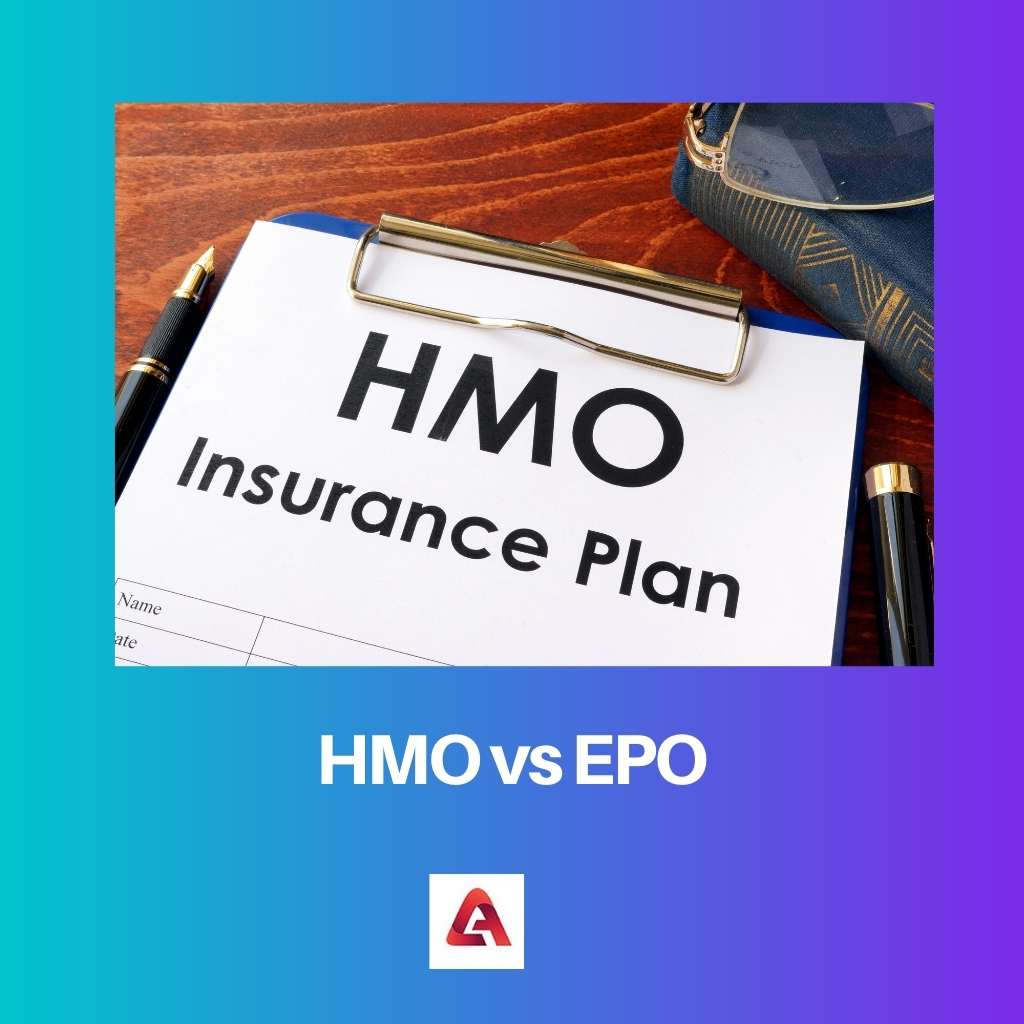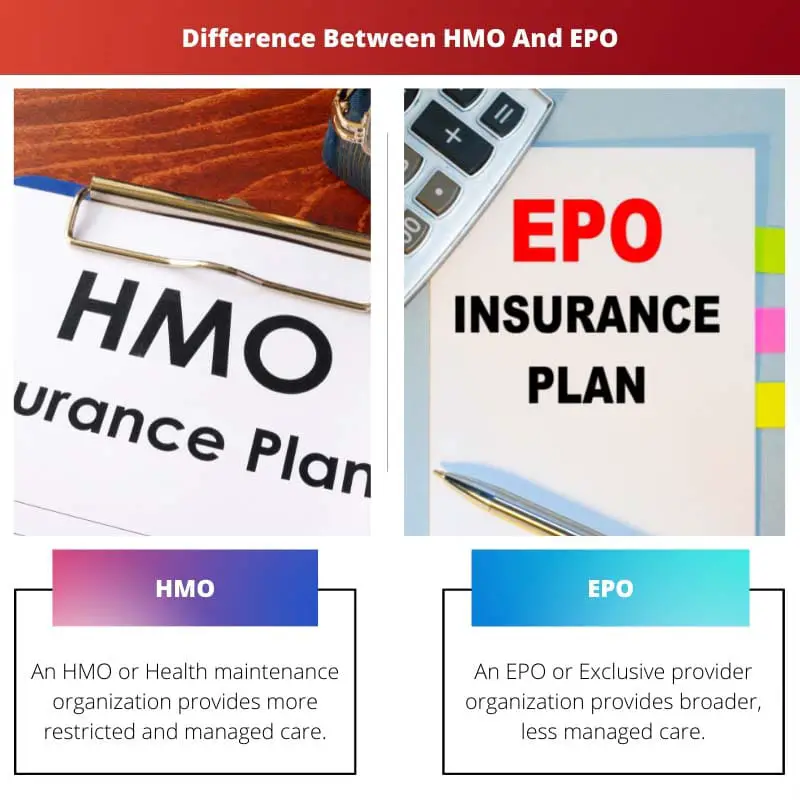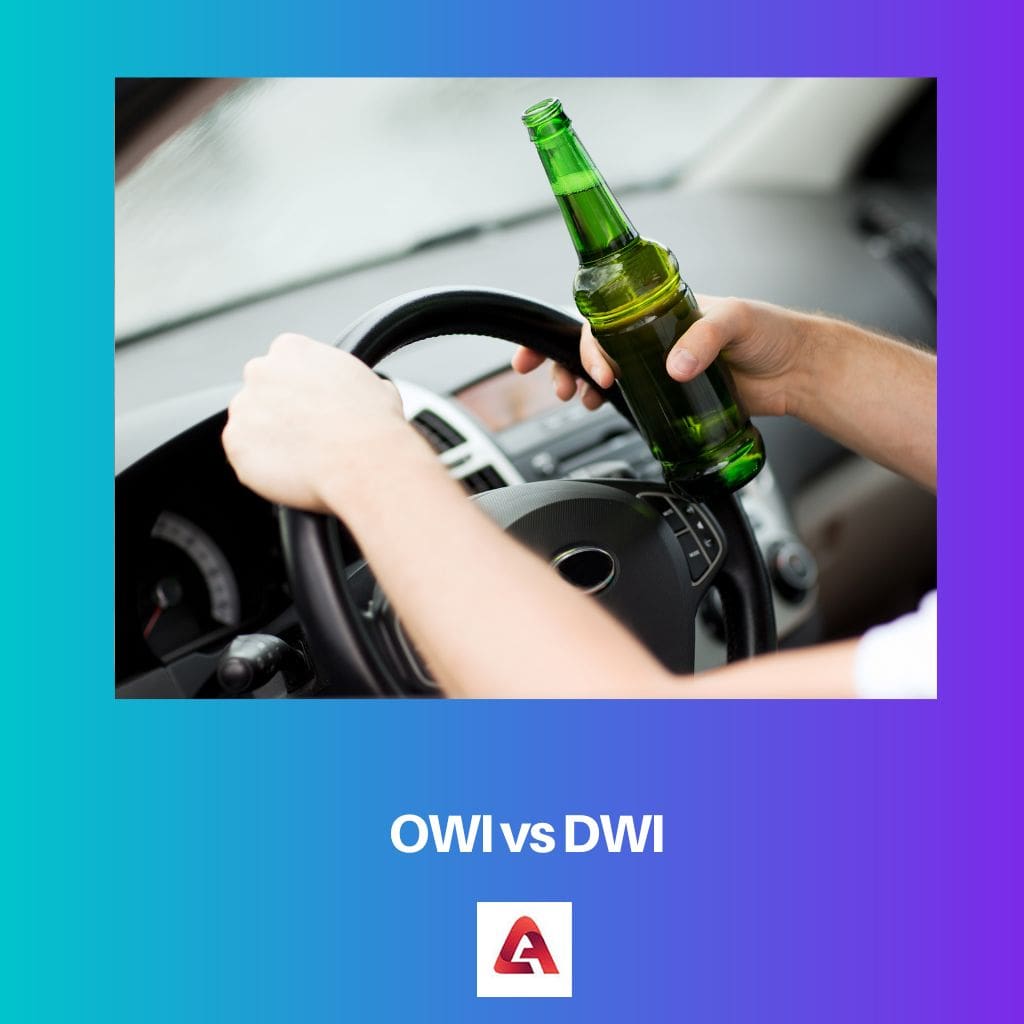We heard about many organizations. Let’s discuss two important health insurance organizations in this article,, i.e. Hmo and Epo. The complete form of an HMO is a health maintenance organization.
And the complete form of EPO is an Exclusive provider organization. As the name sounds, both the terms are different from each other.
Key Takeaways
- Health Maintenance Organizations (HMOs) require members to select a primary care physician (PCP) who coordinates their care and provides referrals. At the same time, Exclusive Provider Organizations (EPOs) allow members to access specialists without referrals.
- HMO plans offer lower out-of-pocket costs but have more restrictions, whereas EPO plans offer greater flexibility but may have higher costs.
- Both HMOs and EPOs have limited networks of providers, with coverage not extending to out-of-network care except in emergencies.
HMO vs EPO
HMO stands for Health Maintenance Organization. HMO plans require that you choose a primary care physician (PCP) who will act as your primary point of contact for all medical care. EPO stands for Exclusive Provider Organization. EPO plans are similar to HMO plans in that they have a network of providers you must use.

HMO is a health plan which offers a local network plan to doctors and hospitals. Premium plans are required to take this plan. Usually, HMOs have lower premiums.
In an HMO plan, you must need a provider or PCP within your network. There is a relationship between providers and doctors who work for the HMO.
The EPO plan does not need a provider, PCP, or referral to see a specialist. EPO is an in-network plan. An in-network plan means streamlining the process when making appointments.
There are no out-of-network benefits. Doctors and facilities that work in EPO take charge of every service.
Comparison Table
| Parameters of Comparison | HMO | EPO |
|---|---|---|
| Care | No, a PCP referral is enough in the case of a Health maintenance organization. | An EPO or Exclusive provider organization provides broader, less managed care. |
| Primary Care Physician | Health maintenance organizations require PCP. | Sometimes PCP is required in an Exclusive provider organization or EPO. |
| Requirement of referral | Health maintenance organizations require a referral to see a specialist. | No referral is required to see a specialist in an Exclusive provider organization. |
| Pre-authorization required | Yes, it is required in the case of an Exclusive provider organization or EPO. | The network size is Medium and significant both in Exclusive provider organizations. |
| Network size | The network size is medium in Health maintenance organizations. | The network size is Medium and significant, both in Exclusive provider organizations. |
What is HMO?
A budget-friendly way to secure your life is a health maintenance plan. What else do we need if we have a budget-friendly health plan? HMO is the cheapest type of health insurance because it has fixed copays, low premiums, and deductibles.
In HMO, you have to select doctors within their connections. When you initially sign in for HMO, you have to choose PCP or a primary care physician or a doctor you will see for your regular checkups.
For PCP, you need someone to refer you before going to a specialist.
Specialist means that you need a doctor like a skin doctor or a dermatologist. It depends on you to choose the specialists whom you trust the most. If your budget is low and not as such a medical issue, that HMO plan is good for you.
This plan covers out-of-network physicians if you pay somewhat more premiums than an HMO, but you will have to pay more to in-network doctors. PCP is the heart of the operation.
Health maintenance organizations have a stronghold in the individual market. Pros of HMO are- Lower premiums and lower costs than PPO. Cons of HMO- Need to say in the network, Need referral.
What is EPO?
The complete form of EPO in health care is an exclusive provider organization. EPO is a type of health insurance that covers services from hospitals, doctors, and other care providers in your network.
Your health insurance does not reimburse any fees incurred by seeing someone not in the network; only emergency care is covered.
Primary care physicians are known as PCP. And PCP plans come under health insurance, and EPO insurance plans require selecting PCP.
When you take PCP, then your PCP doctor provides you with preventive care as well as gives you the treatment of minor and chronic illnesses.
To see a specialist, EPO health insurance plans do not require a reference from your primary care physician. And it is the best and only feature of the EPO health insurance plan.
Compared to other types of health insurance, an EPO plan has a higher out-of-pocket cost since the insurance begins to cover all of your medical expenditures.
Because the providers in your insurance company have arrangements with the network, EPOs may also provide cheaper monthly charges. EPO plans, for example, pay all fees incurred by doctors or health professionals who are part of the network.
Main Differences Between HMO and EPO
- HMO is a pocket-friendly plan, whereas EPO is a larger or out-pocket network that makes life easier for everyone.
- In HMO, it may be more difficult to take authorization for tests and procedures, whereas, In EPO, It might be excellent for people who desire reduced rates and don’t want to see a primary care physician.
- HMO has a narrow network, whereas EPO has a PPO network.
- HMO is not a combination of any other health insurance, whereas EPO is a combination of an HMO and PPO health insurance organization.
- HMO does not provide out-of-network care, whereas EPO needs pre-authorization for it.





